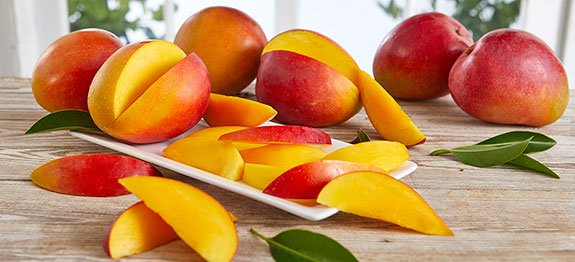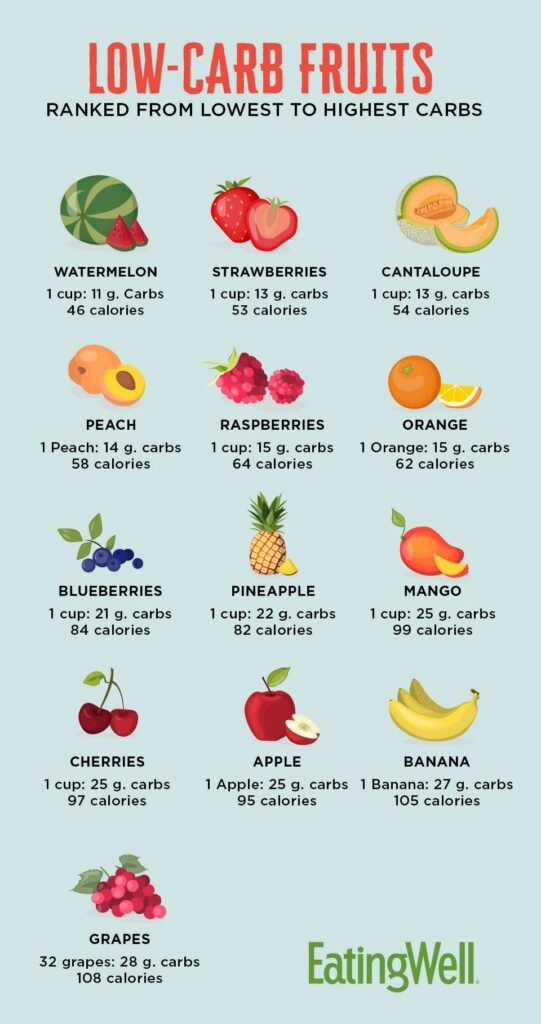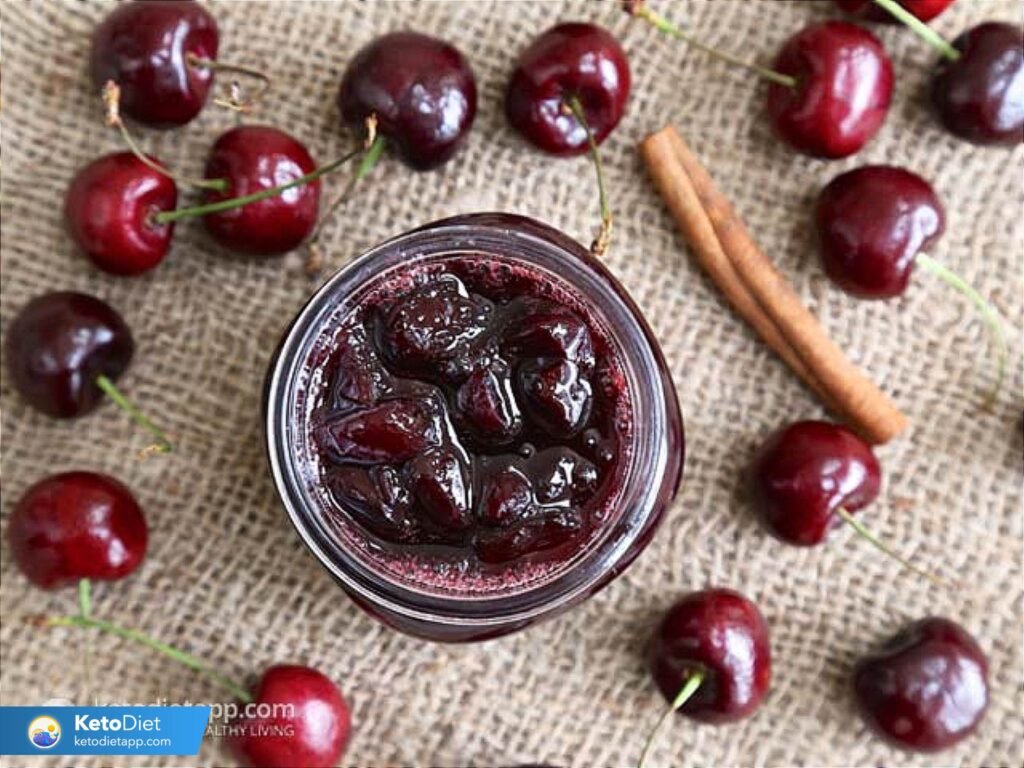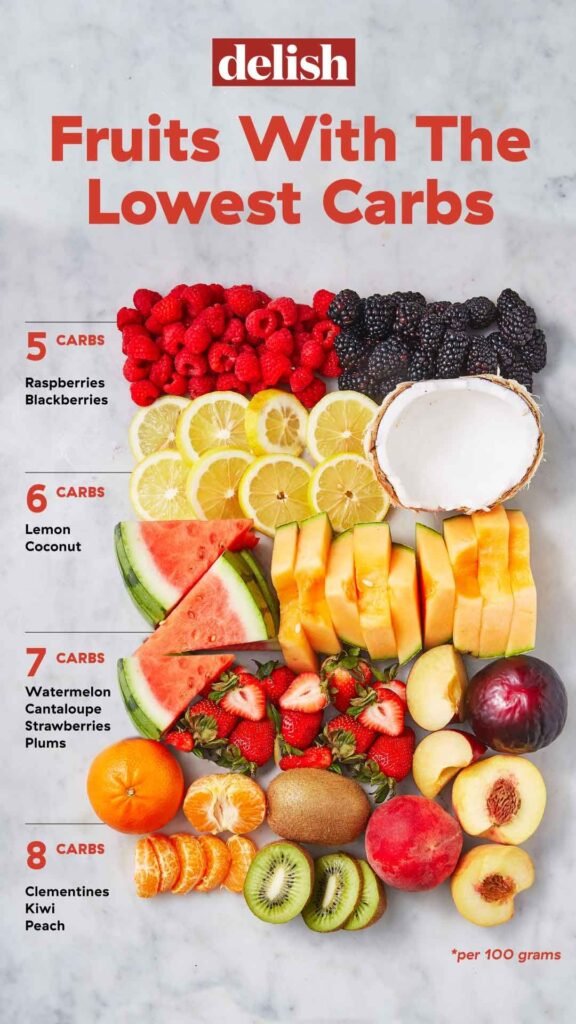If you’re looking for a delicious and healthy snack, look no further than the humble apricot. Packed with incredible flavor and bursting with nutritional benefits, apricots are a delightful treat that won’t derail your low-carb diet. These fuzzy little fruits are surprisingly low in carbohydrates, making them an ideal choice for those watching their intake. Not only are apricots a guilt-free indulgence, but they are also rich in essential vitamins and minerals, providing a nourishing boost to your overall well-being. So, grab a handful of these golden gems and savor the delectable sweetness while maintaining your low-carb lifestyle.
Apricots and Carbohydrates
Apricots are a delicious and nutritious fruit that can be enjoyed by anyone, especially those following a low-carb diet. The carbohydrate content of apricots is relatively low, making them a great choice for individuals who are watching their carb intake. Whether you’re looking to control your blood sugar levels, manage your weight, or simply incorporate healthy snacks into your routine, apricots are an excellent option.
The Carbohydrate Content of Apricots
Apricots are considered a low-carb fruit, containing only about 4 grams of carbohydrates per 100 grams. This makes them a suitable choice for individuals following a low-carb or ketogenic diet. The majority of the carbohydrates in apricots come from natural sugars, such as fructose and glucose, which provide a sweet taste without causing a significant spike in blood sugar levels.
The Glycemic Index of Apricots
For those concerned about blood sugar control, the glycemic index (GI) of a food is an important factor to consider. The GI measures how quickly a particular food raises blood sugar levels compared to pure glucose. Apricots have a low glycemic index, ranging from 34 to 57, depending on the variety and ripeness. This means that apricots are digested and absorbed slowly, resulting in a gradual and steady increase in blood sugar levels.
Apricots: A Healthy Low-Carb Fruit
Not only are apricots low in carbohydrates, but they also offer numerous benefits for individuals following low-carb diets.
Benefits of Apricots for Low-Carb Diets
Apricots are not only low in carbs but also packed with other essential nutrients. They are an excellent source of vitamins A and C, potassium, and dietary fiber. These nutrients are crucial for overall health and can support various bodily functions, including immune system function, eye health, and digestion.
Apricots and Blood Sugar Control
One of the key benefits of apricots for low-carb diets is their positive impact on blood sugar control. Due to their low GI and moderate sugar content, apricots can be consumed without causing significant spikes in blood sugar levels. This makes them a suitable choice for individuals with diabetes or those looking to maintain stable blood sugar levels.
Apricots and Weight Management
Maintaining a healthy weight is a goal for many individuals, and apricots can be a helpful addition to a weight management plan. The high fiber content in apricots can help promote feelings of fullness and reduce overall calorie intake. Additionally, the natural sweetness of apricots can satisfy cravings for sugary snacks without derailing a low-carb diet.

Nutritional Profile of Apricots
In addition to being low in carbohydrates, apricots boast an impressive nutritional profile, offering a range of vitamins, minerals, and fiber.
Vitamins and Minerals in Apricots
Apricots are rich in several essential vitamins and minerals. They are an excellent source of vitamin A, which is crucial for good vision, immune function, and healthy skin. Apricots also contain vitamin C, an antioxidant that supports immune health and collagen production. Furthermore, they provide potassium, which is essential for muscle function and maintaining healthy blood pressure levels.
Fiber Content in Apricots
Fiber is an important component of a healthy diet, as it aids digestion and helps maintain bowel regularity. Apricots are a good source of dietary fiber, with each fruit containing approximately 2 grams of fiber. Consuming an adequate amount of fiber can help prevent constipation and support overall gut health.
Apricots as a Snack or Recipe Ingredient
Apricots can be enjoyed in various ways, whether as a standalone snack or as a tasty addition to recipes.
Incorporating Apricots into Your Snack Routine
When you’re craving a sweet and healthy snack, apricots make a perfect choice. Their natural sweetness satisfies your taste buds while providing essential nutrients. You can enjoy apricots on their own, or pair them with a handful of nuts for a satisfying and balanced snack. For added variety, try slicing fresh apricots and adding them to a bowl of yogurt or cottage cheese.
Apricots in Salads and Baking
Apricots can add a burst of flavor to both savory and sweet dishes. In salads, their slightly tart taste pairs well with leafy greens, nuts, and cheese. You can also chop dried apricots and mix them into whole grain salads for added texture and sweetness. In baking, apricots can be used in cakes, muffins, and pies, adding a natural sweetness and moistness to your favorite treats.
Apricot Smoothie Ideas
Smoothies are a convenient and refreshing way to incorporate apricots into your diet. Try blending ripe apricots with Greek yogurt, a splash of almond milk, and a handful of spinach for a delicious and nutritious green smoothie. Alternatively, combine apricots with a frozen banana, a spoonful of almond butter, and a sprinkle of cinnamon for a creamy and satisfying snack.
Choosing and Storing Apricots
To fully enjoy the benefits of apricots, it’s essential to choose and store them properly.
Selecting Ripe Apricots
When selecting apricots, look for fruits that are plump, with a vibrant orange color. Avoid apricots that are too firm or have green patches, as they may not be fully ripe. A ripe apricot should yield slightly to gentle pressure and have a sweet aroma. It’s also a good idea to check for any signs of bruising or mold before making your selection.
Storing Apricots for Maximum Freshness
To keep your apricots fresh and flavorful, store them at room temperature until they reach your desired level of ripeness. Once ripe, you can store them in the refrigerator for up to five days to prolong their freshness. If you have an abundance of ripe apricots, consider freezing them for later use. Simply wash, pit, and slice the fruit, then store it in an airtight container or freezer bag.
Potential Risks and Precautions
Although apricots offer numerous health benefits, there are some risks and precautions to be aware of.
Allergic Reactions to Apricots
While rare, some individuals may experience allergic reactions to apricots. If you have a known allergy to other stone fruits, such as peaches or plums, it’s advisable to exercise caution when consuming apricots. If you develop symptoms such as itching, swelling, or difficulty breathing after consuming apricots, seek medical attention immediately.
Interactions with Medications
Apricots contain compounds called polyphenols, which can interfere with the absorption of certain medications. If you’re taking any medications, particularly those related to blood pressure or cholesterol management, consult with your healthcare provider before increasing your apricot consumption.
Moderation and Serving Size
Like any food, it’s important to enjoy apricots in moderation and consider portion sizes. While they are a healthy fruit option, consuming excessive amounts of apricots can still contribute to overall caloric intake. As with any low-carb diet, it’s crucial to maintain a balanced and varied eating plan to ensure you’re getting all the essential nutrients your body needs.
Apricots: A Versatile and Nutritious Fruit
Apricots are not only low in carbohydrates but also a versatile fruit that can be incorporated into various culinary creations. They offer a range of health benefits beyond their carbohydrate content.
Variety of Culinary Uses
From snacks to salads to baked goods, apricots can be used in a diverse array of dishes. Their natural sweetness and tender texture make them suitable for both sweet and savory applications. Experiment with incorporating apricots into your favorite recipes to discover new and exciting flavor combinations.
Health Benefits Beyond Carbohydrate Content
While the low carbohydrate content of apricots is a significant advantage, their nutritional profile extends far beyond that. Vitamins, minerals, and fiber make apricots a nutritious choice for promoting overall health and well-being. Whether you enjoy them as a snack, use them in cooking, or add them to smoothies, apricots can enhance your diet and provide a delightful burst of flavor.
In conclusion, apricots are a healthy and low-carb fruit that offer a multitude of benefits. Whether you’re looking to manage your blood sugar levels, maintain a healthy weight, or simply enjoy a delicious and nutritious snack, apricots are a fantastic choice. Their low carbohydrate content, along with their abundance of vitamins, minerals, and fiber, make them a valuable addition to any diet. So go ahead, indulge in the sweet and tangy taste of apricots, and reap the numerous health benefits they have to offer.




